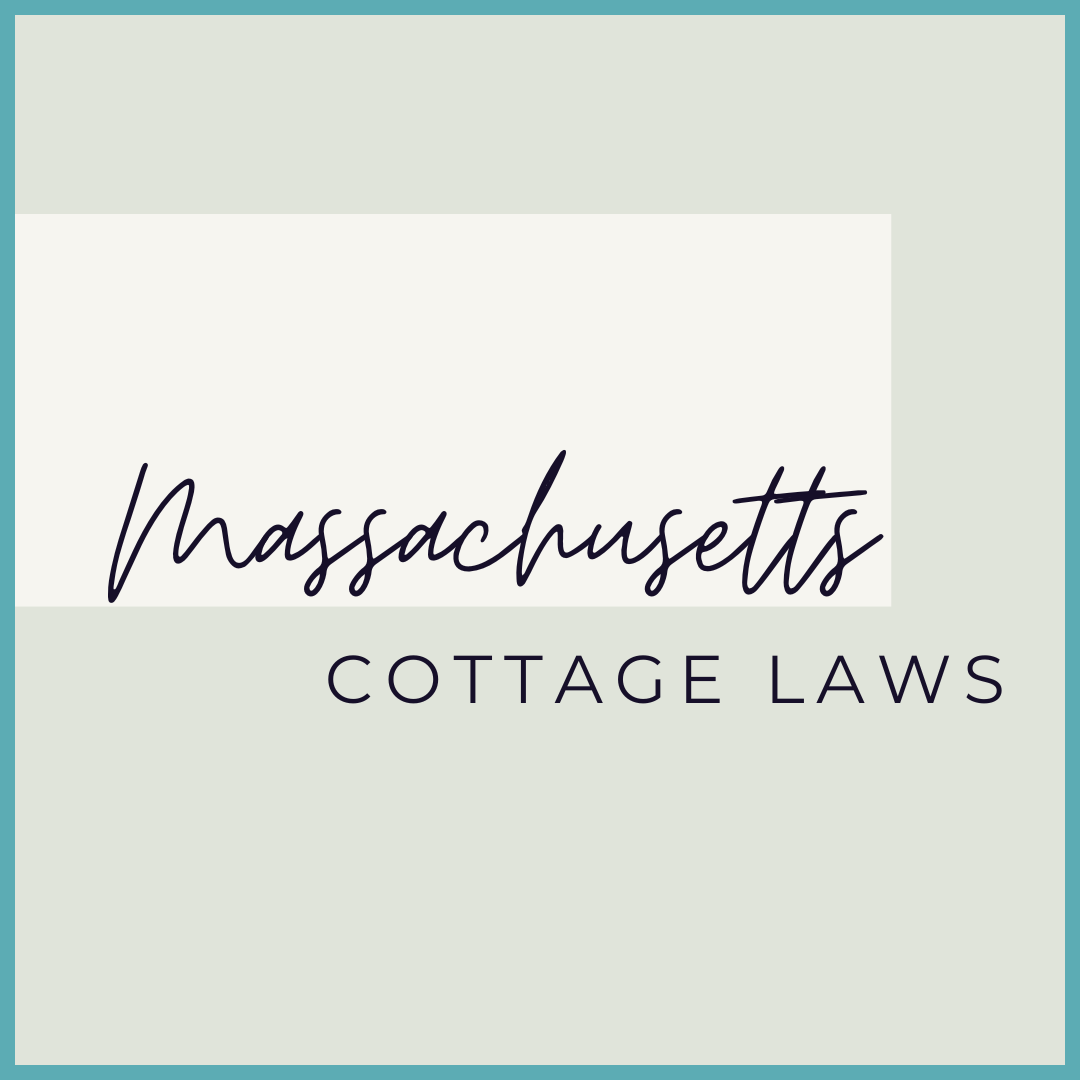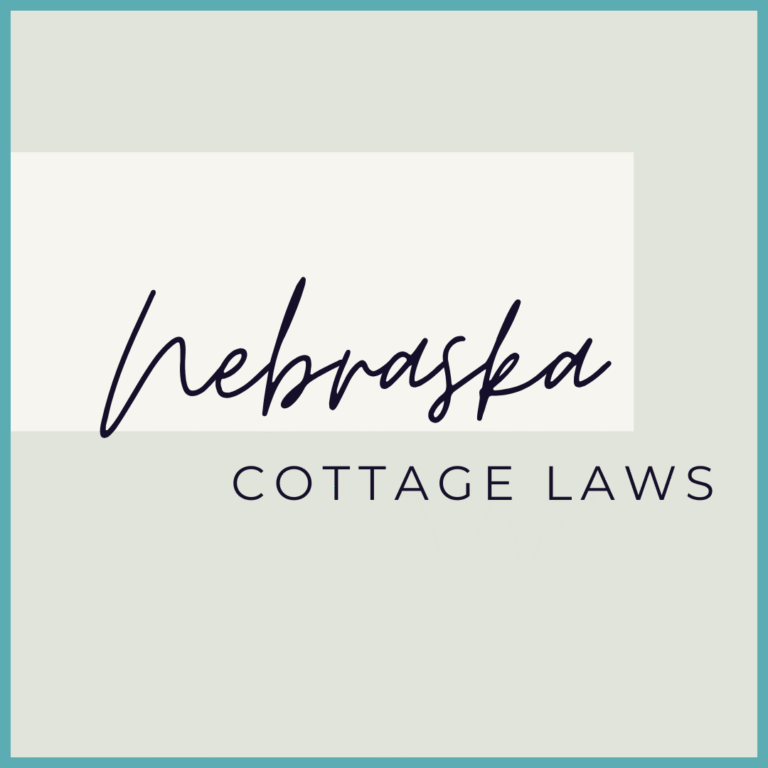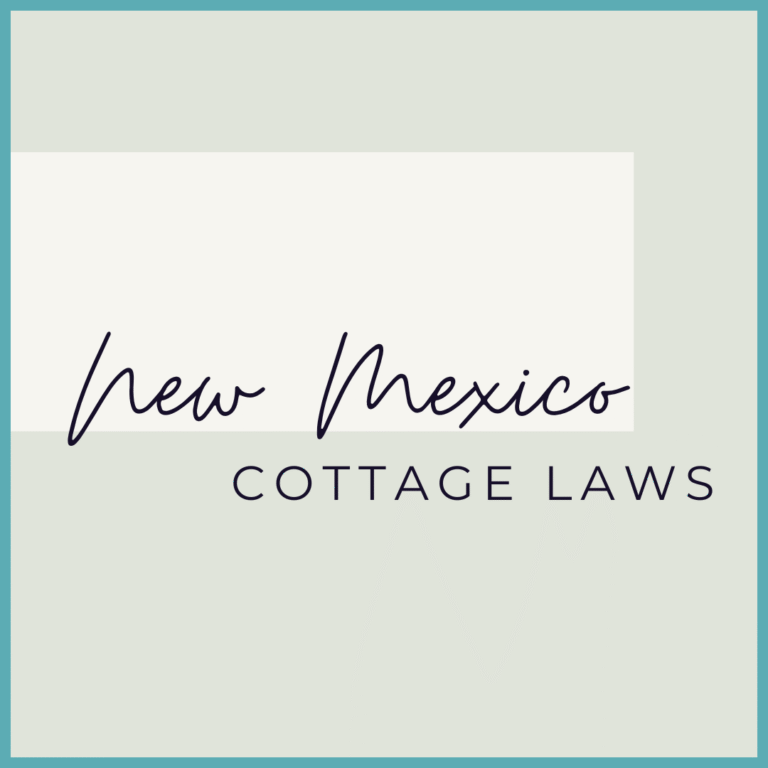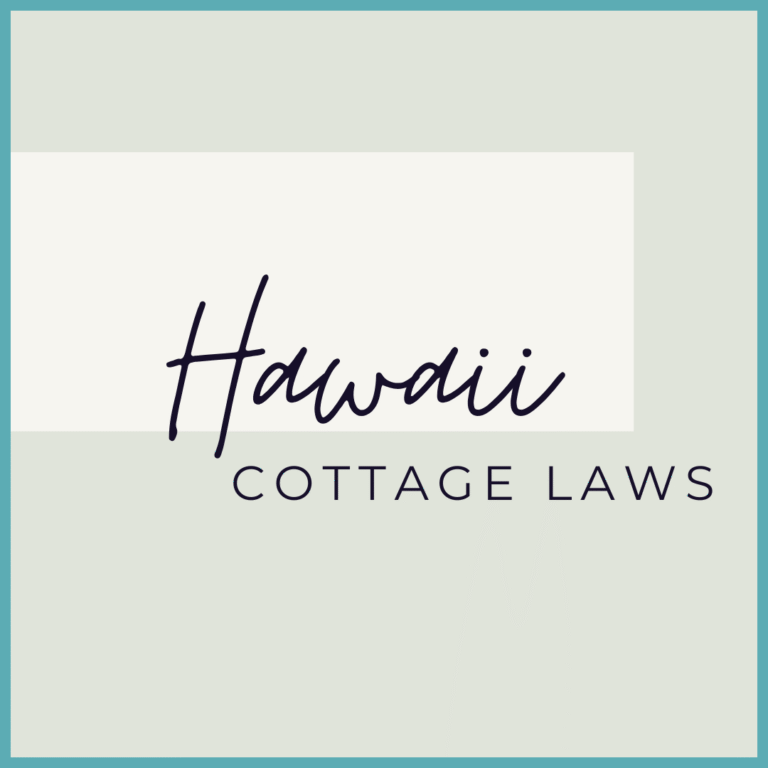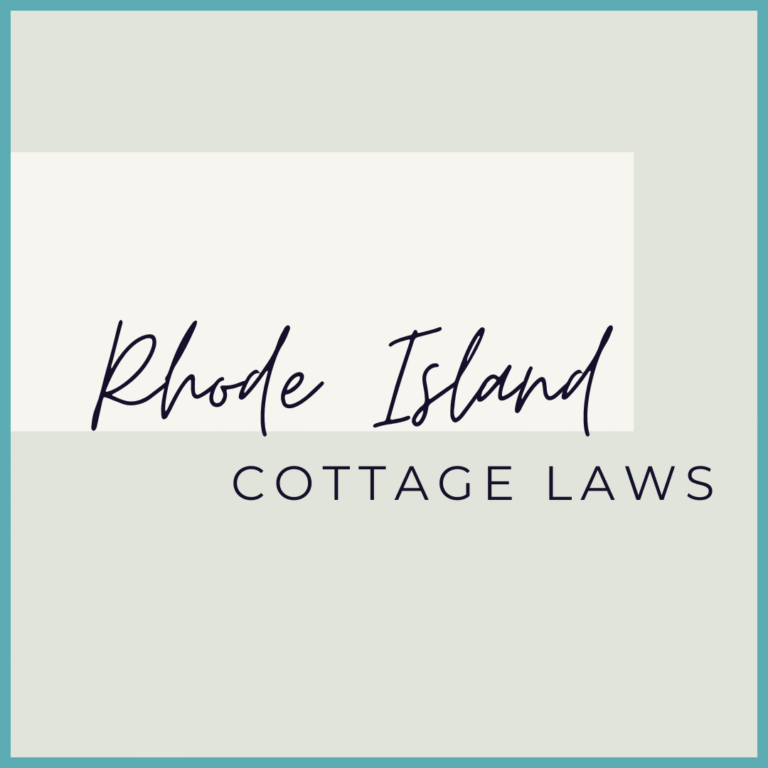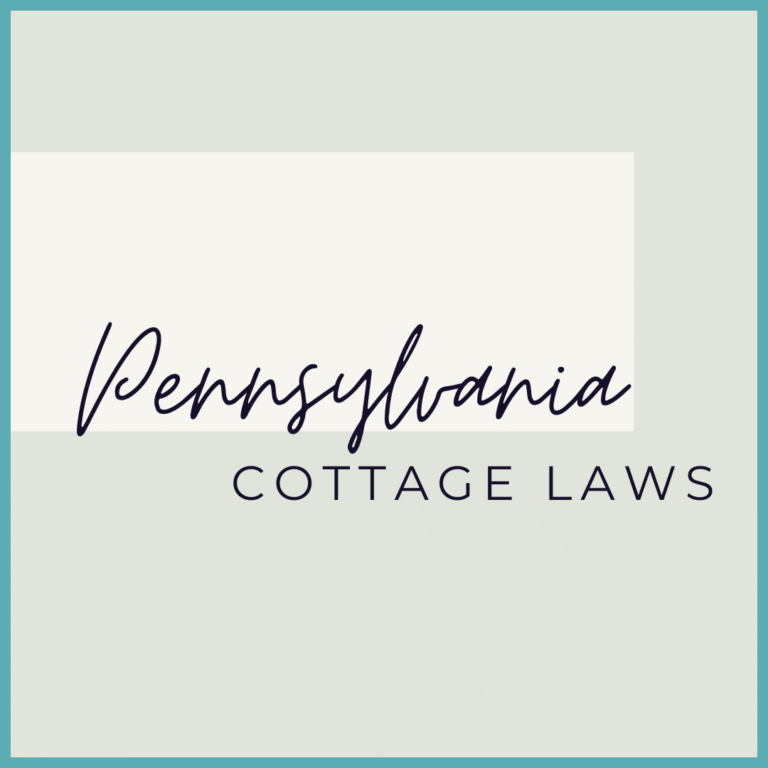Massachusetts Cottage Laws
Your complete guide to starting a home baking business in the Bay State
Have you ever dreamed of selling your famous chocolate chip cookies, homemade strawberry jam, or beautiful wedding cakes? Massachusetts has been allowing home food businesses since 2000, making it one of the pioneers in cottage food laws. While the process is more involved than some states, it offers excellent opportunities for serious home bakers who want to build a real business.
The Reality Check: Massachusetts is More Involved
Let's be honest upfront – Massachusetts cottage food laws are more complex than many other states. Just learning the law can be difficult, with a patchwork of regulations that vary widely across 351 jurisdictions. Here's what you need to know:
What Makes Massachusetts Different:
- Permits required from your local board of health
- Home kitchen inspections are mandatory
- Food safety training may be required (varies by location)
- Annual fees typically $50-$100
- Local variations – rules differ between towns and cities
The Good News:
- No sales limits – Massachusetts puts no cap on your annual income
- Wide selling options – sell everywhere from farmers markets to retail stores
- Wholesale allowed – you can sell to restaurants and grocery stores
- Online sales permitted – you can sell through websites and social media
Two Types of Residential Kitchens
Massachusetts offers two different paths depending on how you want to sell:
Retail Residential Kitchen (Direct Sales)
- Sell directly to consumers
- Farmers markets, craft fairs, online sales
- Permitted by local board of health
- Easier to get started
Wholesale Residential Kitchen (Business Sales)
- Sell to stores, restaurants, distributors
- Licensed by Massachusetts Department of Public Health
- More complex licensing process
- Higher income potential
Most beginners start with Retail Residential Kitchen permits.
What Can You Make and Sell?
Massachusetts limits you to non-potentially hazardous foods – foods that can be safely stored at room temperature. Types of foods that are allowed include baked goods (cakes and cookies), jams, and jellies.
Allowed Foods Include:
Baked Goods:
- Breads, rolls, biscuits
- Cakes (including wedding cakes!)
- Cookies and pastries
- Muffins and scones
- Bagels and donuts
- Brownies and bars
Sweet Treats:
- Candies and confections
- Chocolate-covered items (room temperature stable)
- Marshmallows
- Caramel corn
Preserves & More:
- Fruit jams and jellies
- Granola and trail mix
- Nuts and seeds
- Popcorn and kettle corn
- Crackers and pretzels
What You CAN'T Make:
- Cream-filled pastries (éclairs, cream puffs)
- Cheesecake or custard items
- Cut fruits and vegetables
- Pickled products (pickles, relishes)
- Tomato sauce or barbecue sauce
- Salad dressings
- Garlic in oil
- Anything requiring refrigeration for safety
Getting Started: Your Step-by-Step Guide
Step 1: Contact Your Local Board of Health
Call your local board of health first! Some municipalities do not offer home inspections at all, which blocks anyone within the jurisdiction from getting started. You need to find out:
- Do they allow residential kitchens?
- What are their specific requirements?
- What's the application process?
- Do they require food safety training?
Step 2: Prepare Your Kitchen
Your kitchen needs to meet specific requirements. Here are some key points:
- Pets must be kept out of kitchen during food preparation
- No laundry running during food prep
- Proper ventilation and lighting
- Adequate refrigeration and storage
- Clean, sanitizable surfaces
Step 3: Get Food Safety Training (If Required)
Some regions require food safety training, such as the $125 ServSafe Manager Course or something equivalent. If you have to take a food safety course, you'll also likely need to complete a $10 allergen training course.
Step 4: Apply for Your Permit
- Submit application to local board of health
- Pay fees (typically $50-$100 annually)
- Provide required documentation
- Schedule your inspection
Step 5: Pass Your Kitchen Inspection
A health official will inspect your kitchen. The kitchen requirements are specified on page 3587 of the law. They'll check:
- Kitchen cleanliness and organization
- Proper equipment and storage
- Water and sewage systems (if private)
- Overall food safety setup
Step 6: Get Your Permit and Start Selling!
Once you pass inspection and receive your permit, you can legally start selling your cottage foods.
Special Requirements
Private Well Testing
If your water comes from a private source, it must get tested, which would incur extra fees.
Private Septic Inspection
If you use a private sewage system, it must get inspected, which would incur extra fees.
Household Members Only
Only members of the household may help with preparation of the food. You cannot hire outside employees for your cottage food operation.
Where Can You Sell?
Massachusetts offers excellent flexibility for where you can sell:
Retail Residential Kitchen (Direct Sales):
- Farmers markets
- Craft fairs and festivals
- Online sales (websites, social media)
- Mail order
- Direct from your home
- Roadside stands
Wholesale Residential Kitchen (requires separate licensing):
- Grocery stores
- Restaurants
- Coffee shops
- Retail outlets
Local Variations: The Challenge
Here's the tricky part: Some residents may not sell any homemade foods under any circumstance, while other residents may sell a wide range of homemade foods. It depends entirely on your local jurisdiction.
Potential issues you might face:
- Some municipalities don't allow residential kitchens at all
- Requirements vary dramatically between towns
- Some reject applications for minor issues (like wooden vs. stainless steel cupboards)
- Zoning restrictions may apply
Boston residents: Until recently, the Boston Planning and Zoning Department opposed any commercial use of residential kitchens. But in March 2021, Boston passed an ordinance to allow Retail Residential Kitchens.
Labeling Requirements
Your products must be properly labeled with:
- Product name
- Your name and address
- Ingredients list (in order by weight)
- Net weight or count
- Allergen information
- “Made in a Home Kitchen” statement
Income Potential: No Limits!
Here's some great news: Massachusetts has no limitations on your annual sales volume. This is how all states should be. So go make as much as you want! Unlike many states that cap cottage food income at $15,000-$50,000, Massachusetts lets you grow as large as you want within the cottage food framework.
Food Safety Best Practices
Since you'll be inspected, it's crucial to maintain high standards:
Kitchen Hygiene:
- Keep pets out during food preparation
- Don't run laundry during food prep
- Maintain clean, sanitized surfaces
- Use proper food storage containers
Personal Hygiene:
- Wash hands frequently
- Wear clean clothes and aprons
- Keep hair tied back
- Cover cuts with bandages
Record Keeping:
- Track all batches made
- Record sales dates and locations
- Keep ingredient sources documented
- Maintain standardized recipes
Common Beginner Questions
Q: Do I need a license to start? A: Yes, you need a permit from your local board of health and must pass a kitchen inspection.
Q: Can I make my famous cheesecake? A: Unfortunately, no. Cheesecake requires refrigeration and contains dairy, so it's not allowed.
Q: What if my town doesn't allow residential kitchens? A: Some municipalities don't offer this option. You'd need to look into commercial kitchen rental or consider advocating for local policy changes.
Q: Can I sell online? A: Yes! Massachusetts allows online sales, mail order, and delivery for retail residential kitchens.
Q: How much does it cost to get started? A: Expect $50-$100 for annual permits, plus potential costs for food safety training ($125+) and any required testing for private wells or septic systems.
Q: Can I hire help? A: No, only household members can help with food preparation.
Proposed Changes Coming
Massachusetts lawmakers have been working on bills to simplify cottage food laws. The proposed legislation would:
- Exempt cottage food operations from many current requirements
- Create a voluntary registry system
- Reduce local regulatory barriers
- Standardize requirements across municipalities
While these bills are still under consideration, they could make starting a cottage food business much easier in the future.
Growing Your Business
Since Massachusetts has no sales limits, you can grow significantly within the cottage food framework. As your business expands, consider:
Wholesale Licensing: If you want to sell to stores and restaurants, you can get a wholesale license from the state Department of Public Health.
Commercial Kitchen: Eventually, you might want to move to a commercial kitchen for even more flexibility and production capacity.
The Bottom Line
Massachusetts cottage food laws are more challenging to navigate than some states, but they offer serious advantages for committed entrepreneurs:
Pros:
- No income limits
- Wide selling options (including wholesale)
- Online sales allowed
- Official support through inspection process
- Established since 2000 – well-developed system
Cons:
- Required permits and inspections
- Varies dramatically by municipality
- Can be expensive to get started
- Some areas don't allow it at all
Best for: Serious food entrepreneurs who want to build a legitimate business with official approval and the ability to grow without limits.
Not ideal for: Casual bakers who just want to sell a few items without much paperwork.
If you're committed to starting a food business and willing to go through the proper channels, Massachusetts can offer excellent opportunities. The key is researching your specific local requirements early and being prepared for a more formal process than some other states.
Success in Massachusetts requires patience, attention to detail, and compliance with local regulations – but for those who navigate the system successfully, there's significant potential for growth and profit.
Remember: Requirements vary significantly by municipality. Always contact your local board of health first to understand specific requirements in your area. For state-level questions, contact the Food Protection Program at 617-983-6712 or fpp.dph@state.ma.us.
